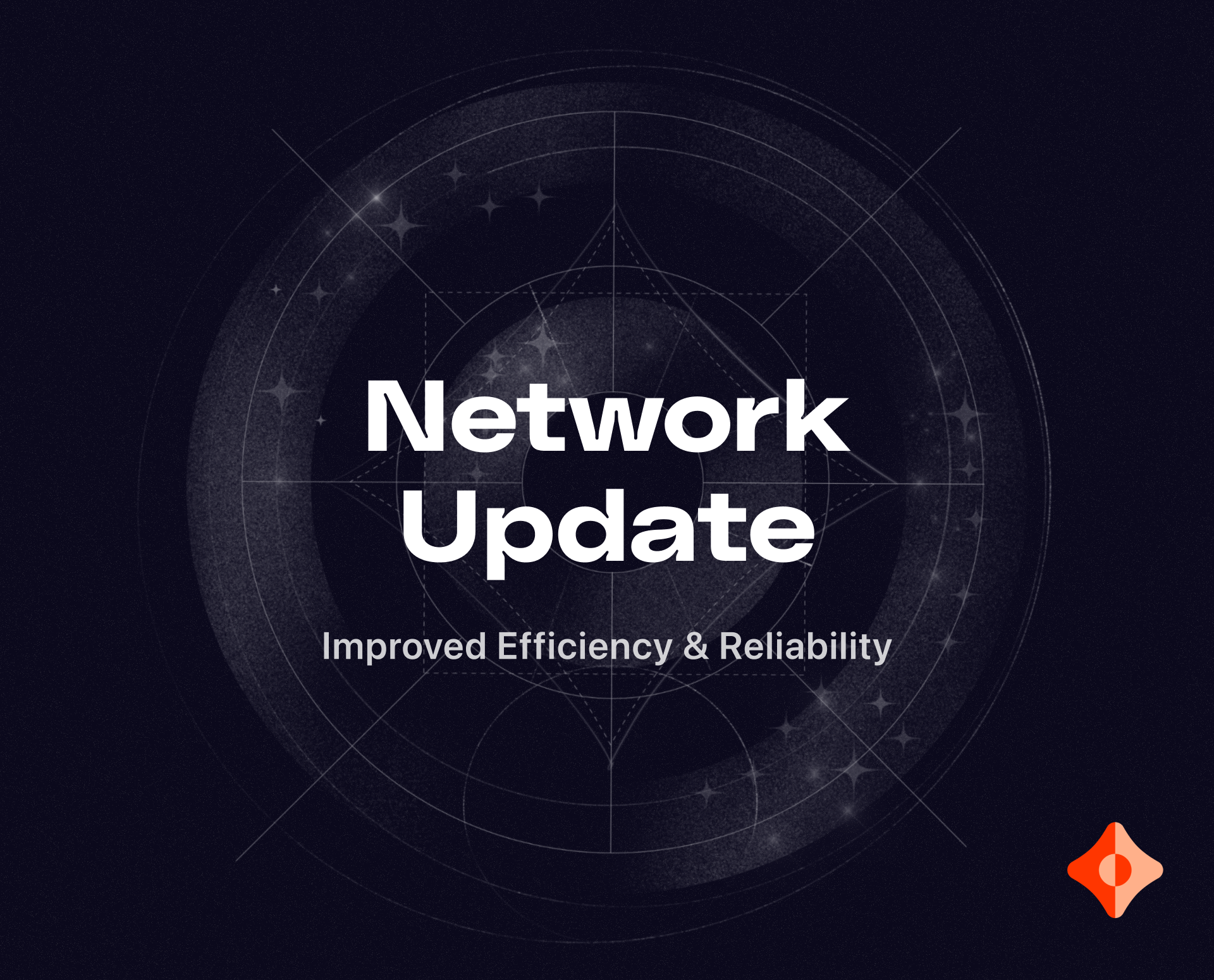Improved Efficiency and Reliability of the Network
These developments do not require any changes or upgrades to applications built on Ceramic.

We’re thrilled to announce two significant developments to Ceramic that will improve efficiency and reliability of the network. These developments do not require any changes or upgrades to applications built on Ceramic.
We’ve introduced a new anchor status called REPLACED and the implementation of a more reliable method of communication between a Ceramic node and the anchoring service. Let's dive deeper into these exciting advancements.
REPLACED Status
Imagine a Ceramic user who creates a stream commit A, only to realize later that a more recent commit B supersedes it. Previously, the anchor request status for commit A would be marked as FAILED, causing unnecessary resource consumption on Ceramic nodes. However, with the introduction of the REPLACED status, we now have the ability to infer the status of commit A immediately after commit B's submission.
The new REPLACED status is not only more logically sound but also reduces the amount of resources Ceramic nodes need while waiting for a commit to anchor. This is a significant step toward optimizing the operation of the Ceramic network.
CAR Files for CAS Responses
An anchor commit acts as a reference to a previous commit in a Ceramic stream and an Ethereum transaction. In the past, when CAS (Ceramic Anchor Service) created an anchor, it relied heavily on IPFS to obtain the anchor commit and parts of a merkle tree. However, we recognized that this approach had its limitations.
To address this issue, CAS now responds with a CAR (Content Addressable aRchive) file instead of just sending the CID of an anchor commit. These CAR files contain the full anchor commit and all the necessary IPLD records in a single package. By eliminating the reliance on IPFS transport, we aim to eliminate any potential bottlenecks and enhance the overall reliability of the Ceramic network.
It is important to note that this particular feature has been rolled out in a fully backwards-compatible manner, ensuring that a Ceramic node upgrade is not mandatory. However, we strongly encourage all users to upgrade their Ceramic nodes to take advantage of the improved reliability offered by CAR files.
Conclusion
We are continuously working to optimize the performance and reliability of Ceramic. The introduction of the REPLACED status and the implementation of CAR files for Ceramic-CAS communication mark significant milestones in this journey. With these updates, we aim to enhance the efficiency of Ceramic nodes and provide a more reliable experience for our partners and their users.
Let us know your feedback on the forum!
